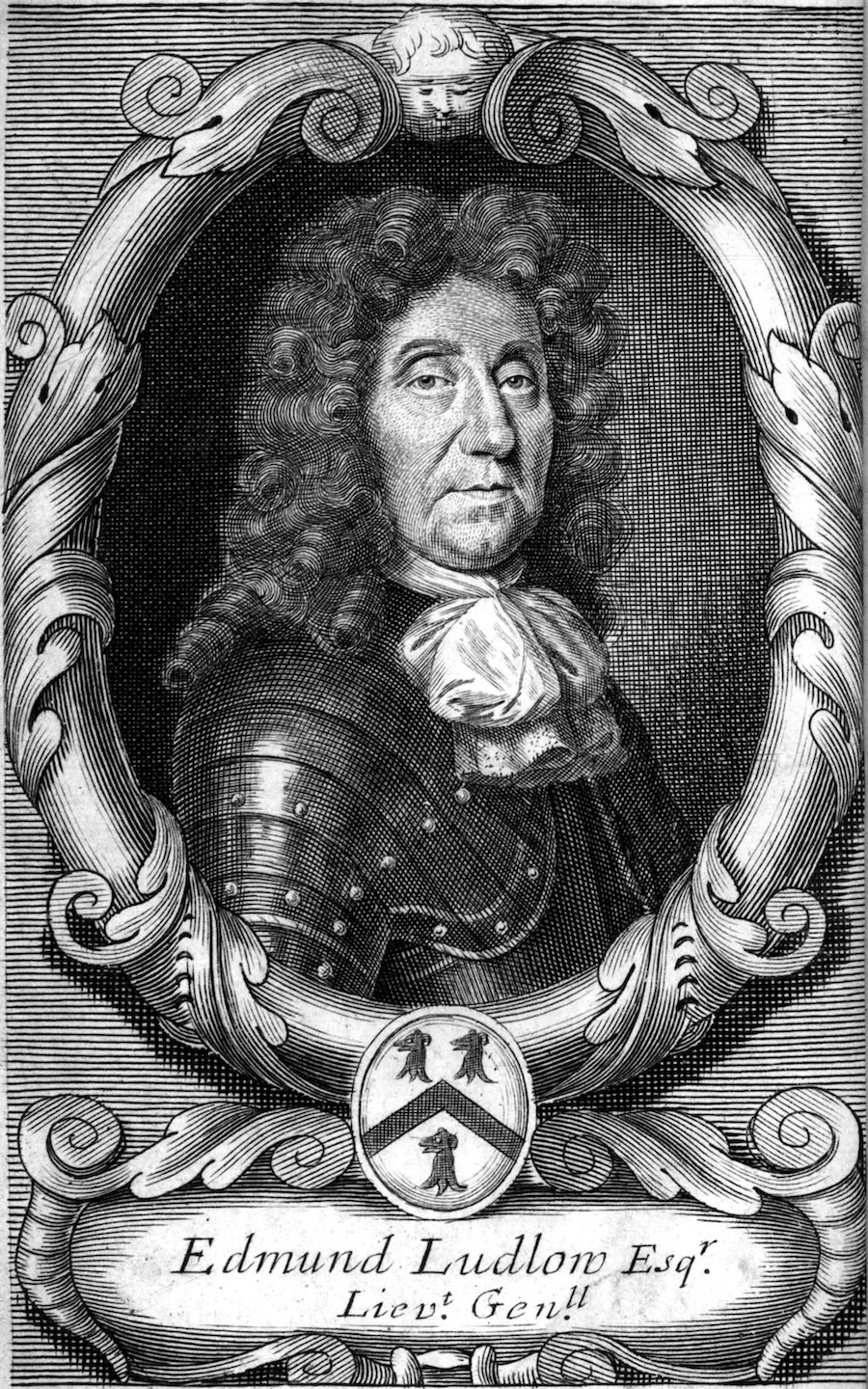Republican, Regicide, Refugee

Edmund Ludlow (c.1617-1692) was a former army commander and member of the Westminster Parliament who spent the last thirty years of his life in Switzerland, where he fled to escape retribution for his part in the execution of King Charles I in 1649. Most of that time he lived in Vevey, in the Bernese-ruled Pays de Vaud, surviving assassination attempts by bounty hunters and writing his memoirs. These record his early years as well as his exile; they also reveal his relationships with the authorities and with friends who helped him, his reaction to local customs and personalities, and the remarkable degree to which he remained in touch with political and religious developments in England and across Europe.
Ludlow was born in Wiltshire into a landed family which had long been prominent in local society. He graduated from Oxford in 1636 and, like other privileged young gentlemen, went on to study law in London. But when civil war broke out in England in 1642, he interrupted his studies and joined the life guard of Robert Devereux, 3rd earl of Essex, commander of the parliamentary forces. Within a couple of years, Ludlow was commanding his own regiment; in 1650 he was made lieutenant-general of horse (i.e. cavalry) in Ireland and in 1659 commander-in-chief there. In 1646 was elected to Parliament to represent his county, Wiltshire.
Ludlow belonged to a small minority of MPs with a truly radical republican agenda. With an apocalyptic vision born of deep religious conviction, he identified a God-given duty to bring the civil wars to an uncompromising conclusion. There was no other way to bring lasting peace than to bring the ‘tyrant’ and ‘murderer’ Charles I to justice. Hence, he was among those who signed the king’s death warrant in January 1649.
After the collapse of the English republic early in 1660, Ludlow and his associates faced arrest, prosecution and (potentially) death. As the new king, Charles II, returned, Ludlow escaped to the continent. Stays in Geneva and Lausanne were cut short when they proved too dangerous; Vevey was selected as a more obscure refuge. The choice was grimly vindicated: Thugs landing from Lake Geneva failed to trap Ludlow and friends in the streets of Vevey, but when one of their number, John Lisle, imprudently moved back to Lausanne, he was shot dead in the Place St François while on his way to church.
In the 1690s, members of the Whig party sponsored the publication of the earlier part of Ludlow’s memoirs, heavily edited so as to support their aim of promoting the Glorious Revolution. Religious motivation was played down; cool classical republicanism was enhanced; much detail was omitted. This was the ‘Edmund Ludlow’ who became well-known as a source for study of the civil wars. But the discovery in the late twentieth century of part of the original manuscript of the memoirs – the section which takes the story from just before the Restoration to late in Ludlow’s life – reveals a very different man. It also sheds light on the extensive and long-standing Anglo-Swiss networks which sustained his exile.
Vivienne Larminie